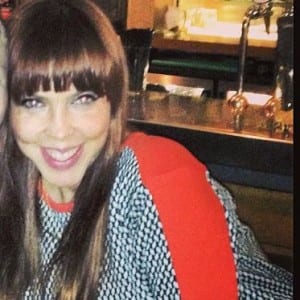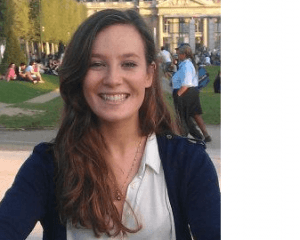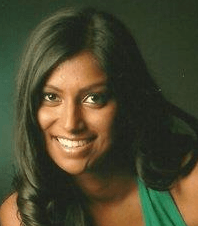Fashion PR Manager: Inspire Me
By UCL Careers, on 5 June 2015
As part of our #UCLInspireMe series,Melissa Collins, PR Manager at River Island, talks to us about how she got this role and shares some tips for UCL students who want to get into Fashion PR. 
How did you get into your role?
Before obtaining my current position at River Island, I gained a lot of experience working for other brands. I started my work experience at different magazines such as Bliss and Cosmo before I decided to pursue a career in PR. Then I secured an internship at Boxfresh for a year before going on to work for a range of brands such as Ralph Lauren, Warehouse and Arcadia where I moved from being a showroom assistant to a press assistant to press officer. In 2012, a senior press officer position came up at River Island and I jumped at the chance as I loved the brand and everything it stood for. After a year and a half, I was promoted to PR Manager and I’ve never looked back.
How important is it to have a degree in fashion to secure a job in the field?
A degree in fashion will start you off in a great position – if a CV was placed on my desk, one of the first things I look for is the candidate’s degree and the course they studied. However, work experience is also crucial when applying for jobs in PR and journalism, alongside having confidence, great presentation skills and knowing the industry you want to work in inside and out. If you’ve worked within the industry already and have that insider experience, it isn’t as essential to have a fashion-related degree but it certainly helps!
What are the best things about working in your role?
The best thing about working in fashion PR is that no two days are ever the same! I could be on a photo shoot one day, a breakfast meeting with journalists or in the press showroom the next. I love this industry, the buzz you get when you see your brand featured in the likes of Vogue, Sunday Times Style and other prestigious magazines is incredible. Also, the creativity is great, you get to put on some fantastic events, press days, product launches and many more. On a whole, the fast fashion industry is constantly changing and I’m excited to see where it goes in the next ten years.
What are the biggest challenges you face in your work?
Time! There are never enough hours in the day. The world of PR has changed a lot of the last few years. When I first started I was working with just magazine/paper/broadcast journalists, but now online plays a huge part, as well as bloggers. I feel like I have to spread myself more thinly across all the areas.
What advice do you have for students wanting to pursue a career in PR?
Fashion PR is fun, creative and very fast paced. It’s really important to gain as much experience as possible; I had to do a lot of work experience and internships to get that first break, but it will come, you just have to be patient. Communicate with as many people as you can, if you meet a lot of people along the way and make a good impression, chances are that they will remember you. During a work placement role, make sure you stand out from the other students and graduates by going above and beyond what is asked of you. That will make you first in mind when that dream role comes up!
To find out more about PR or Fashion visit Careers Tagged
 Close
Close











